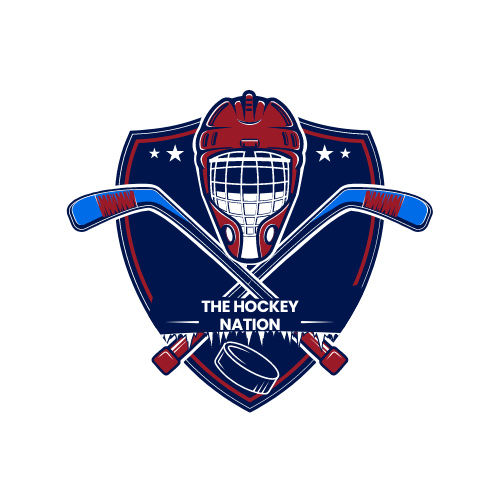In the fast-paced and intricately strategic realm of ice hockey, having a grasp of the specialized jargon and terminology can immensely elevate not only a player’s performance but also enrich a spectator’s engagement.
One particular phrase that frequently sparks confusion is “no shot.” Despite its seemingly simple wording, the ramifications it carries on the dynamics and tactics of the game are profound.
In the forthcoming blog post, we will delve deeper into the nuanced interpretation of “no shot” in the context of ice hockey, offering comprehensive insights to players and enthusiasts alike, fostering a deeper understanding and appreciation of this exhilarating sport.
The Basics of “No Shot”

Ever heard of the term “no shot” in hockey? It’s when a player takes a shot but misses the goal, blocked by a defender, or completely off target. Not to be confused with a “shot on goal,” where the puck heads towards the net, either scoring or getting saved by the goalie. Knowing these distinctions is key to dissecting a team’s offense and a player’s game-time choices.
Implications of “No Shot” on Game Strategy
Evaluating Team Defense
A high number of “no shots” in a game can indicate a strong defensive effort from a team, showcasing their ability to block shots and disrupt the opponent’s offensive plays. For coaches and analysts, tracking these instances can provide valuable insights into a team’s defensive strategy and areas of improvement.
Player Decision Making
For players, being aware of situations leading to “no shots” can influence decision-making on the ice. It encourages players to look for better passing options or adjust their positioning to increase the likelihood of a successful shot on goal. This awareness is pivotal in tight games where every chance counts.
“No Shot” Vs. “Shot on Goal”: Impact on Goalies

While goalies are directly involved in stopping “shots on goal,” they also need to be alert to the possibility of “no shots” impacting their game. This includes being ready for potential deflections or alterations in the puck’s trajectory after a blocked shot. Moreover, having insights into the probability of “no shots” from specific players or teams can enhance goalies’ ability to anticipate situations and strategically position themselves for optimal defense.
Conclusion
“No shot” in ice hockey is more than just a missed opportunity; it’s a critical element that reveals much about team dynamics, defense, and individual player skills. By appreciating the nuances behind this term, players can refine their strategies, while fans and analysts can gain deeper insights into the game’s complexities.
